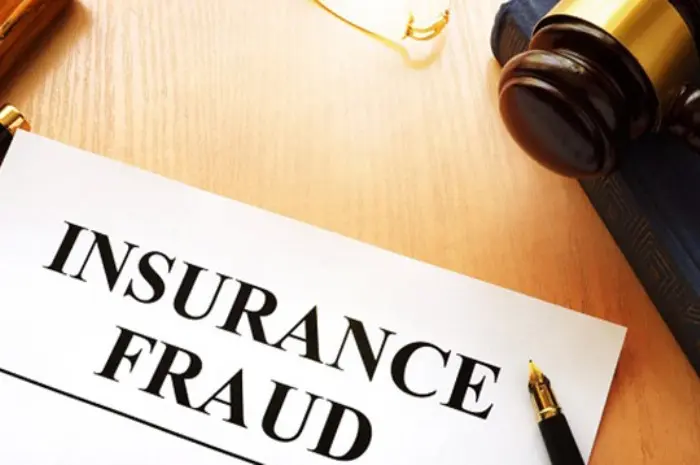Insurance fraud is a pervasive and costly problem that affects millions of individuals and businesses worldwide, resulting in significant financial losses and increased premiums for honest policyholders.
From exaggerated claims and staged accidents to fake policies and identity theft, insurance fraud takes many forms and can have far-reaching consequences for both insurers and consumers.
Fortunately, there are steps you can take to protect yourself and avoid falling victim to insurance fraud. Here are some essential tips to help you safeguard your finances and avoid becoming a victim of insurance fraud:
1. Research Insurance Providers
When purchasing insurance coverage, it’s essential to conduct thorough research on the insurance provider to ensure their legitimacy and credibility.
Verify that the insurer is licensed to operate in your state or country and check their reputation and track record with consumer advocacy organizations, such as the Better Business Bureau or the National Association of Insurance Commissioners.
Avoid purchasing insurance from unfamiliar or unlicensed companies, as they may be fraudulent operations seeking to scam unsuspecting consumers.
2. Be Wary of Unsolicited Offers
Beware of unsolicited offers for insurance coverage that come via phone calls, emails, or mailings, especially if they promise unusually low premiums or guaranteed approval without proper underwriting.
Legitimate insurance companies typically do not solicit business in this manner, so treat unsolicited offers with skepticism and verify the identity and credentials of the company before providing any personal or financial information.
3. Review Policy Documents Carefully
Before signing any insurance policy documents or agreements, carefully review the terms, conditions, and coverage details to ensure they meet your needs and expectations.
Pay attention to any discrepancies or inconsistencies in the policy language, such as vague wording or missing information, which could be red flags for potential fraud.
If you have any questions or concerns about the policy, don’t hesitate to seek clarification from the insurer or consult with a trusted insurance professional.
4. Protect Personal Information
Be cautious about sharing personal or sensitive information, such as your Social Security number, driver’s license number, or financial account information, with unknown individuals or entities.
Fraudsters may use this information to steal your identity or commit insurance fraud in your name, leading to financial losses and damage to your credit.
Only provide personal information to reputable and trusted sources, such as licensed insurance agents or official insurance company representatives.
5. Report Suspicious Activity
If you suspect that you’ve been targeted or victimized by insurance fraud, report the incident to the appropriate authorities immediately, including your insurance company, local law enforcement, and regulatory agencies.
Provide as much detail and documentation as possible to support your claim, including copies of policy documents, correspondence, and any other relevant evidence.
Reporting suspicious activity not only protects you from further harm but also helps law enforcement and regulatory agencies combat insurance fraud and hold perpetrators accountable for their actions.
6. Stay Informed and Vigilant
Stay informed about the latest trends and tactics used by fraudsters to deceive consumers and insurance companies.
Educate yourself about common types of insurance fraud, such as fake accidents, inflated claims, and premium diversion schemes, and learn how to recognize the warning signs of potential fraud.
By staying vigilant and proactive in protecting yourself against insurance fraud, you can minimize your risk of falling victim to fraudulent schemes and safeguard your financial well-being.
Conclusion
Insurance fraud is a serious threat that can have devastating consequences for individuals, businesses, and society as a whole.
By following these essential tips to avoid insurance fraud, you can protect yourself from falling victim to fraudulent schemes and safeguard your finances against potential losses.
Remember to research insurance providers, be wary of unsolicited offers, review policy documents carefully, protect personal information, report suspicious activity, and stay informed and vigilant about the latest fraud trends.
By taking proactive steps to protect yourself against insurance fraud, you can enjoy peace of mind knowing that your finances are secure and protected from fraudulent schemes and scams.

